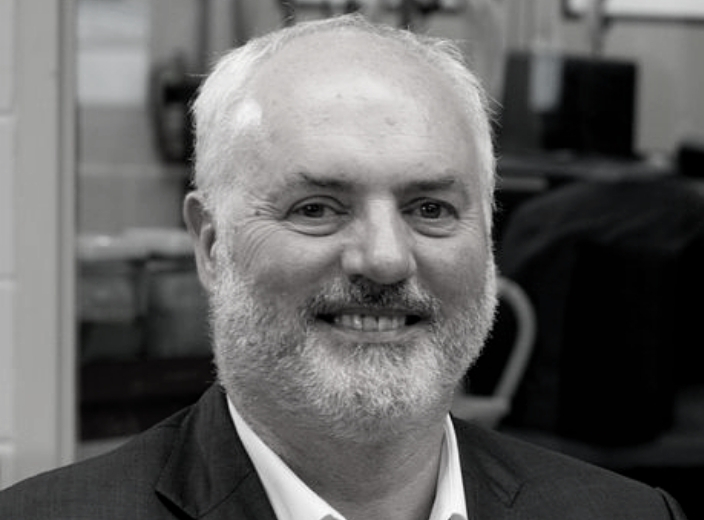-
Courses

Courses
Choosing a course is one of the most important decisions you'll ever make! View our courses and see what our students and lecturers have to say about the courses you are interested in at the links below.
-
University Life

University Life
Each year more than 4,000 choose University of Galway as their University of choice. Find out what life at University of Galway is all about here.
-
About University of Galway

About University of Galway
Since 1845, University of Galway has been sharing the highest quality teaching and research with Ireland and the world. Find out what makes our University so special – from our distinguished history to the latest news and campus developments.
-
Colleges & Schools

Colleges & Schools
University of Galway has earned international recognition as a research-led university with a commitment to top quality teaching across a range of key areas of expertise.
-
Research & Innovation

Research & Innovation
University of Galway’s vibrant research community take on some of the most pressing challenges of our times.
-
Business & Industry

Guiding Breakthrough Research at University of Galway
We explore and facilitate commercial opportunities for the research community at University of Galway, as well as facilitating industry partnership.
-
Alumni & Friends

Alumni & Friends
There are 128,000 University of Galway alumni worldwide. Stay connected to your alumni community! Join our social networks and update your details online.
-
Community Engagement

Community Engagement
At University of Galway, we believe that the best learning takes place when you apply what you learn in a real world context. That's why many of our courses include work placements or community projects.
Gene Therapy

Gene Therapy or genetic modification is defined as the insertion of normal or genetically altered genes into cells using recombinant DNA technology to replace defective genes as part of the treatment of genetic disorders. It is considered a promising therapeutic option for many currently incurable diseases. Gene Therapy can be achieved by the genetic engineering of viral or non-viral vectors expressing therapeutic genes or by the implantation of genetically altered cells or tissues. Gene therapy is a young discipline, and a first clinical trial was performed in 1990 with more than 4000 clinical studies performed since then. Although there were great success stories in the early days, progress in the field towards clinical application was delayed, resulting from vector induced toxicity and tumorigenesis. However, recent advancements in vector development with enhanced safety profile and targeting capacity are very encouraging and will help to further develop gene therapy as a therapeutic option for many serious diseases. Moreover, the development of novel gene modifying techniques such as Crispr/Cas9 will further contribute to the development of safe gene therapies.
The REMEDI Gene Therapy programme
Gene Therapy research at REMEDI focusses on several areas that are fundamental to the development of advanced therapies for major unmet health challenges such as cardiovascular disease, diabetes, eye disease, bone and joint disease, muscle wasting, kidney disease, cancer, lung disease and sepsis. REMEDI researchers use gene therapy to (i) genetically alter mesenchymal stem/stromal cells for enhanced immunomodulation and survival to modulate ocular injury and inflammation; (ii) to enhance the angiogenic and wound healing properties of the modified MSC; (iii) to reverse disease-induced cell dysfunction and (iv) to generate induced pluripotent stem cells (iPS) for cardiovascular, neural and musculo-skeletal disorders. REMEDI gene therapy researchers use a wide variety of gene vector types and provide scientific oversight for key methodologies such as viral and non-viral gene vector development and gene transduction.



















